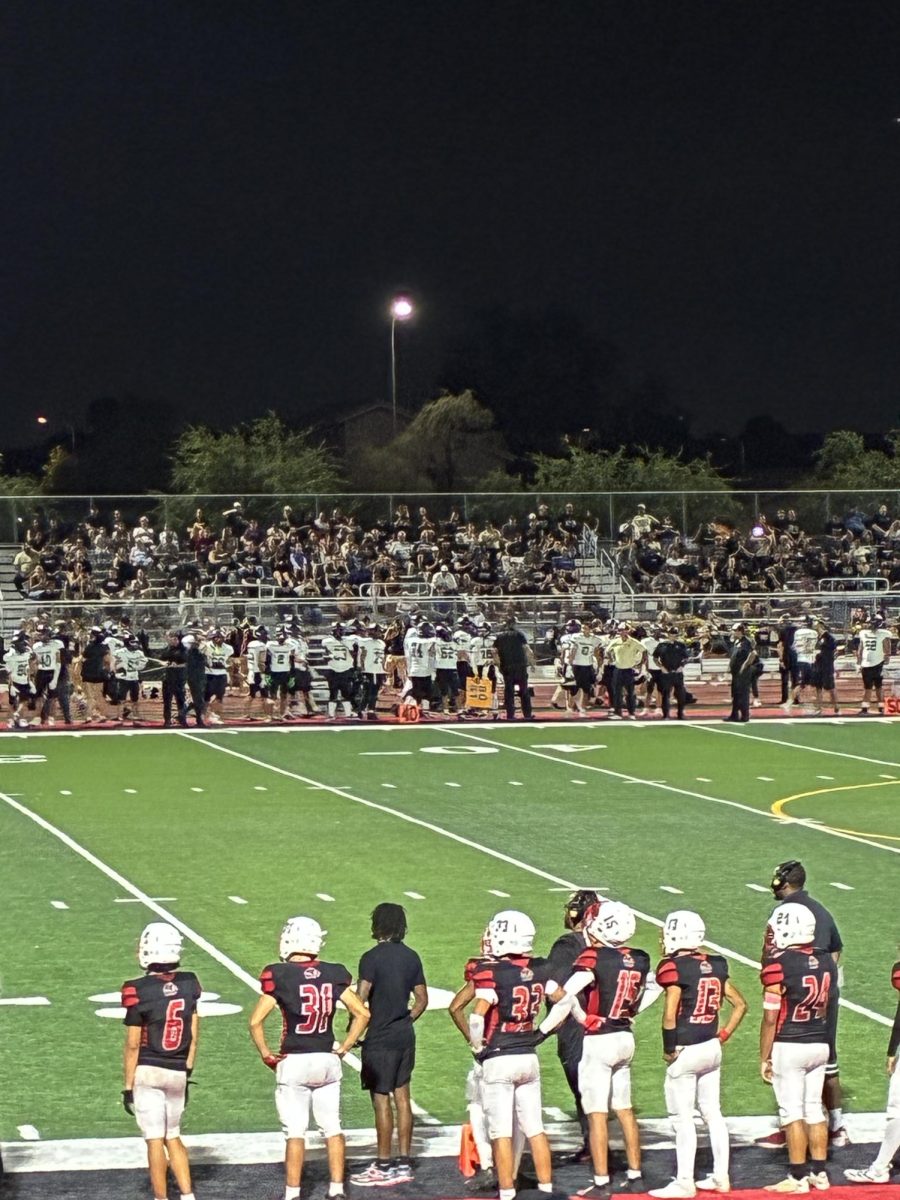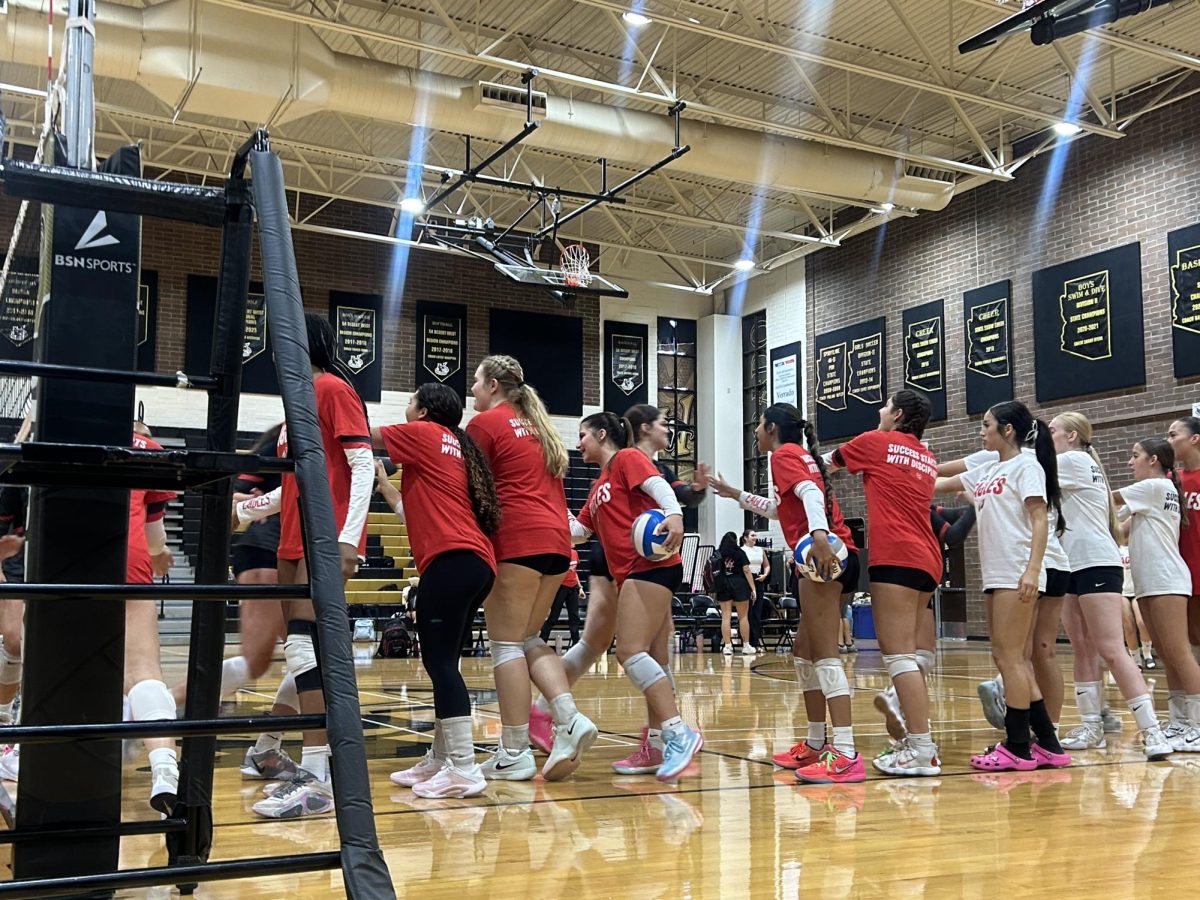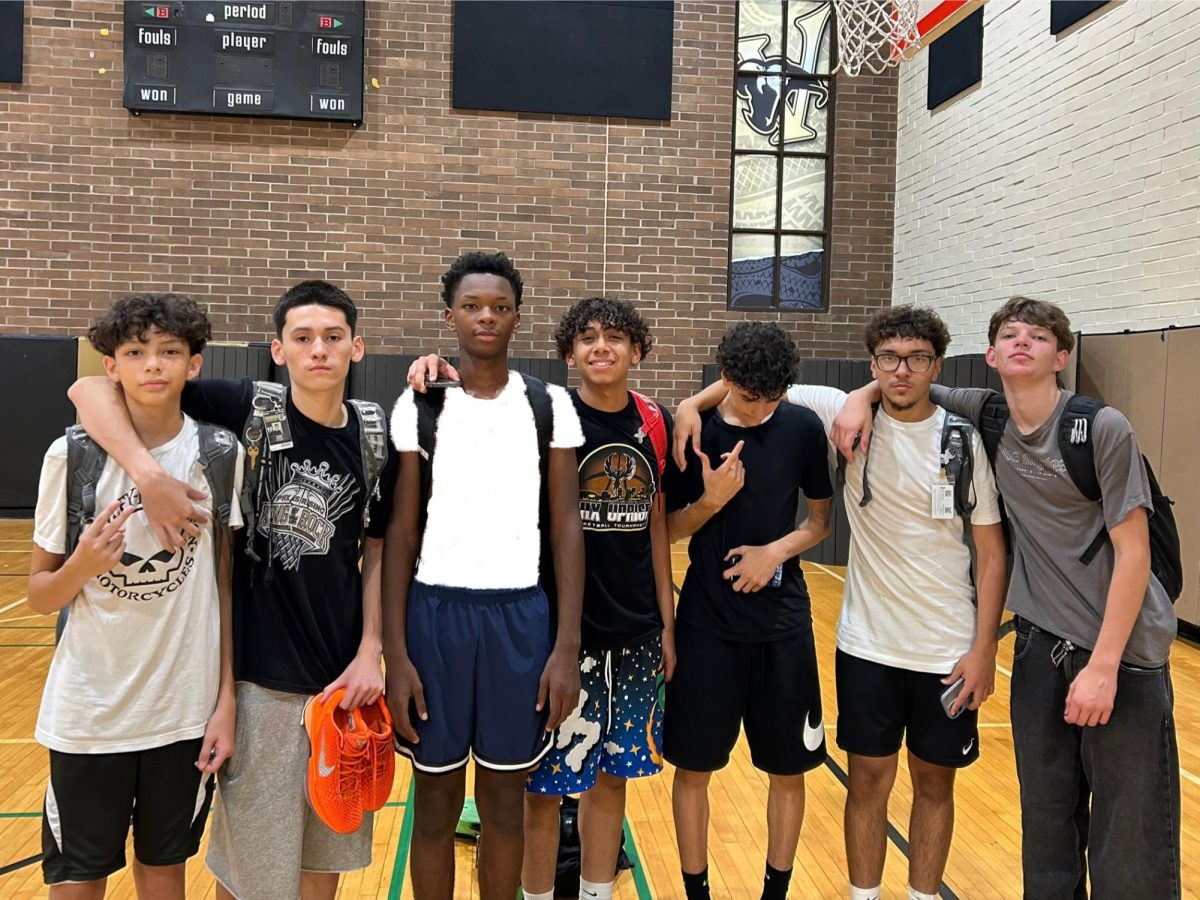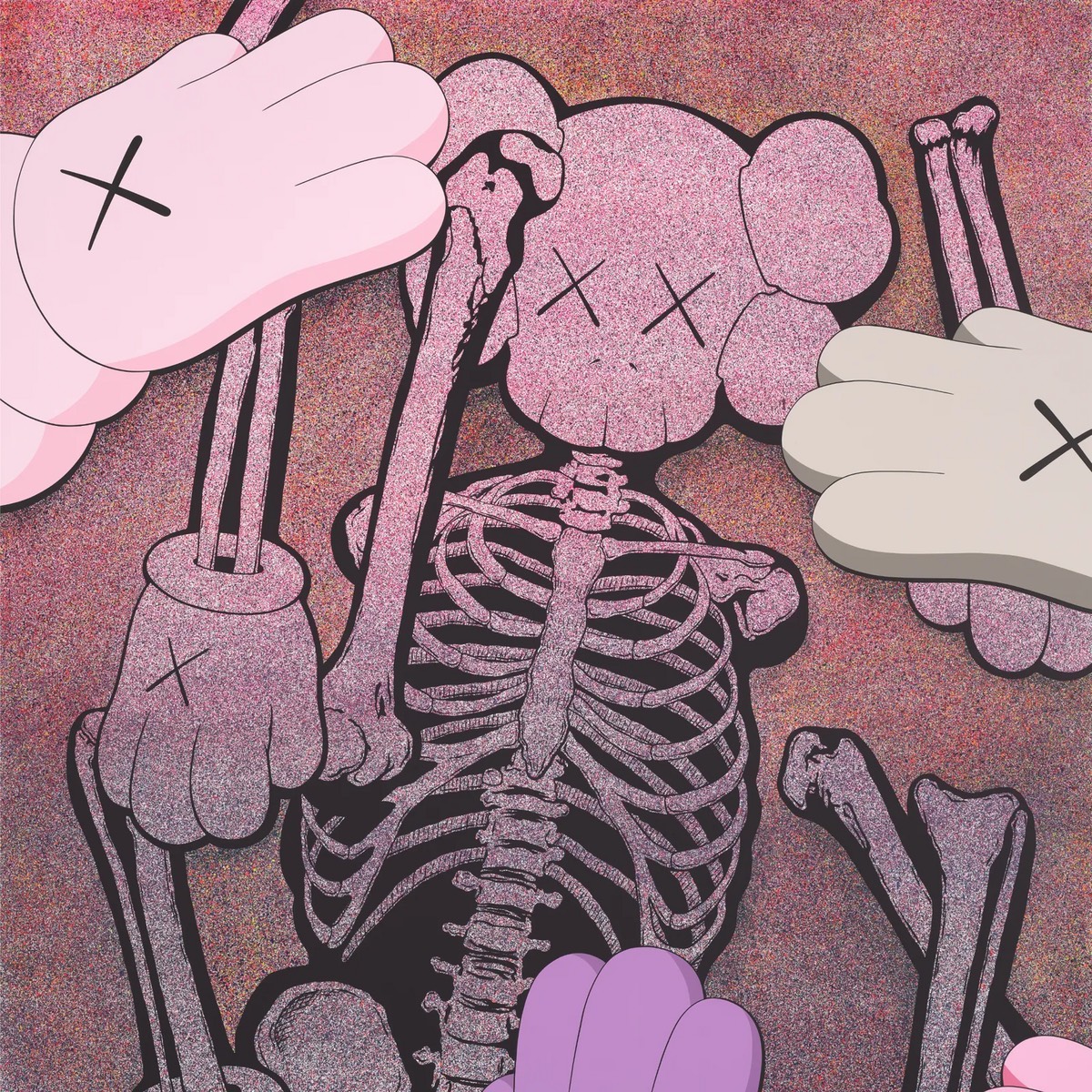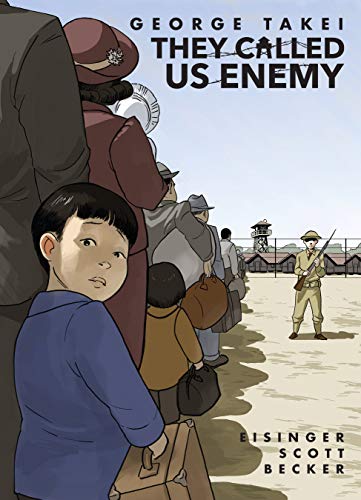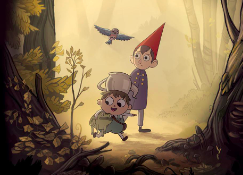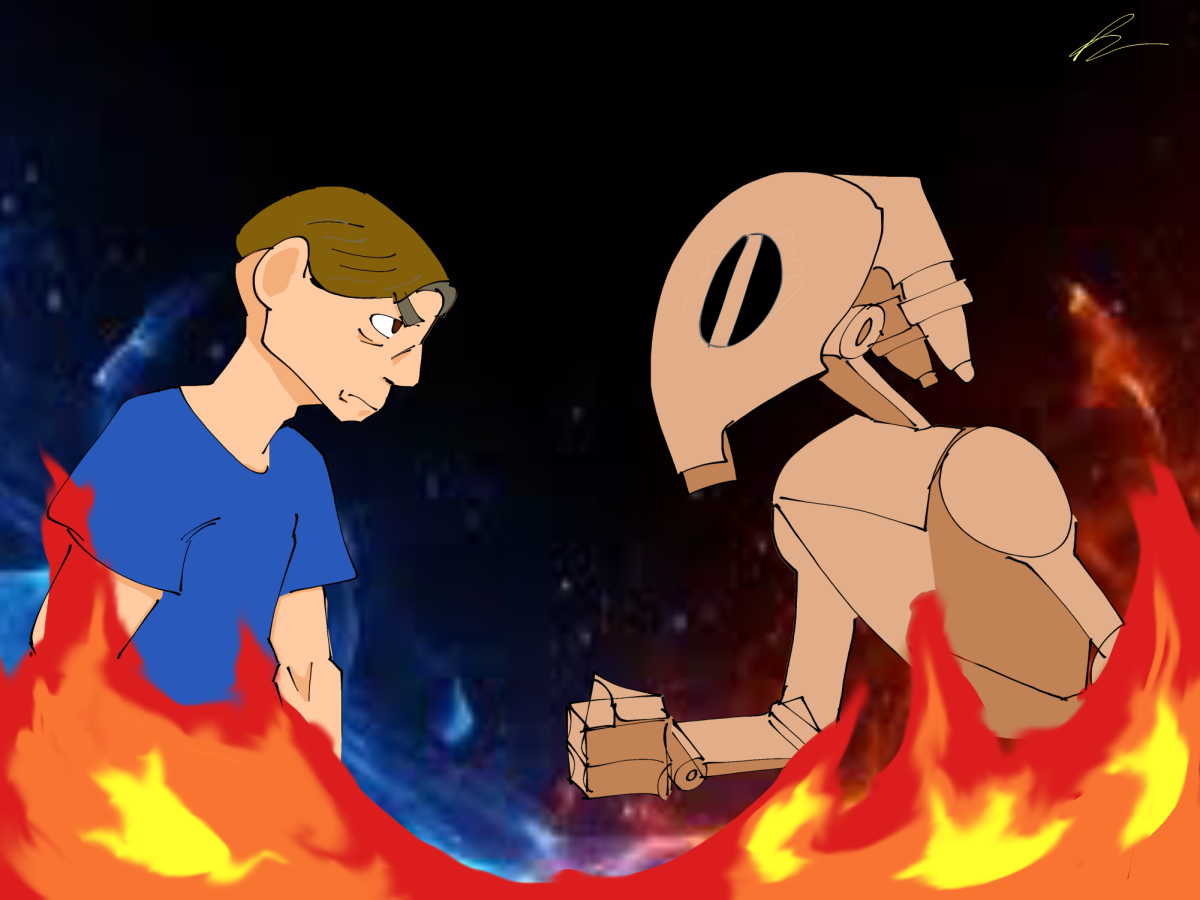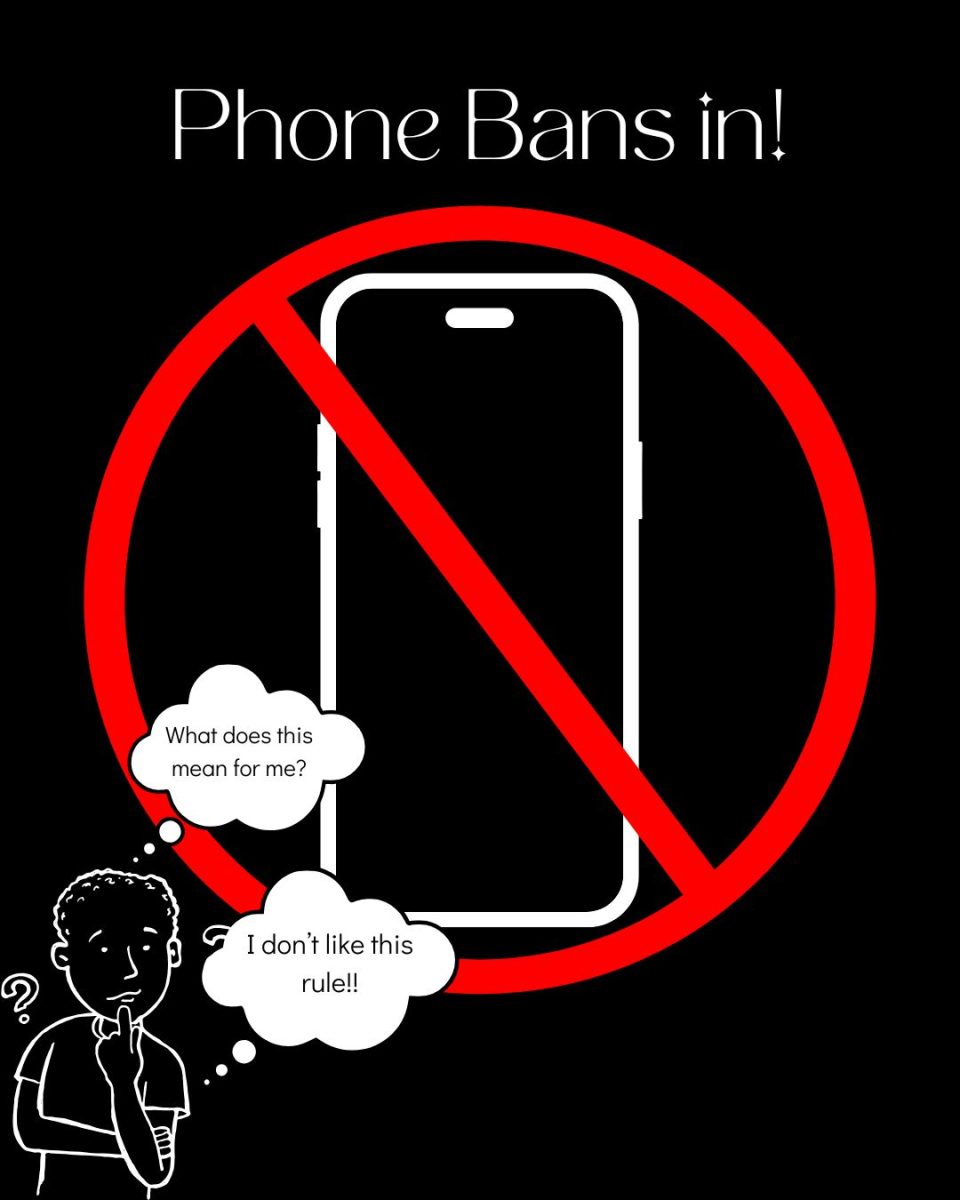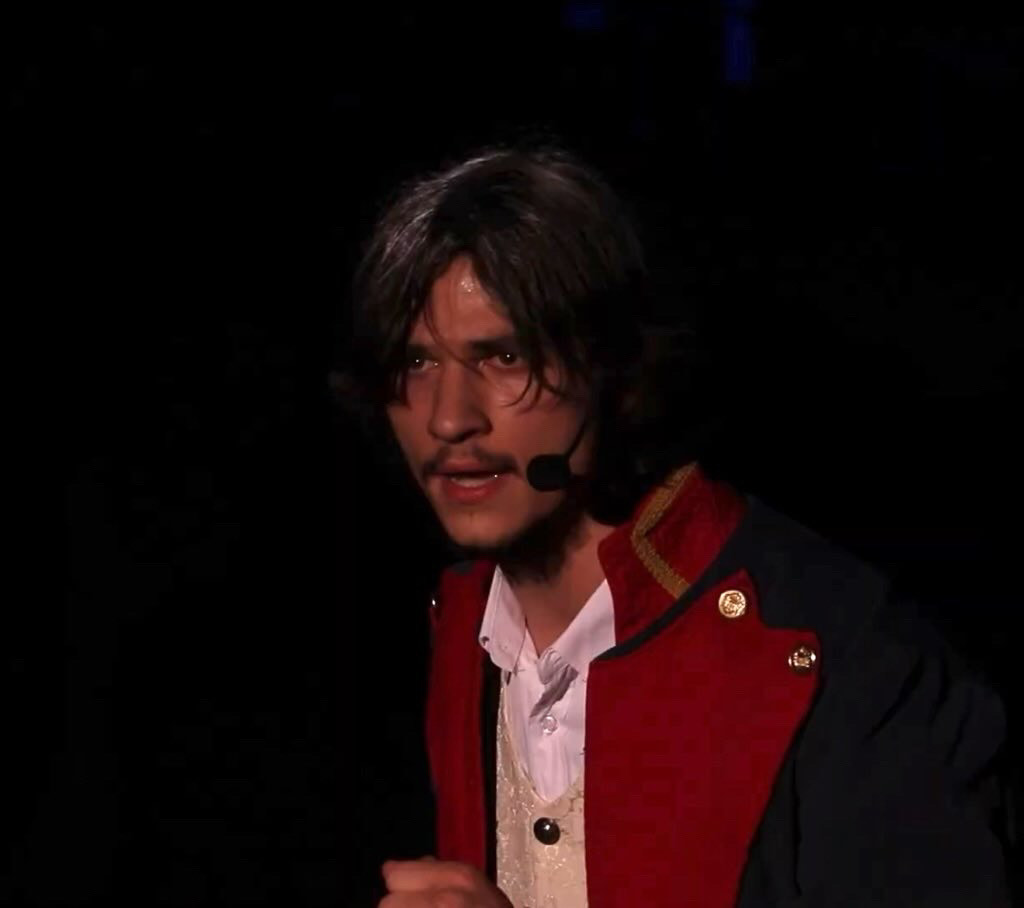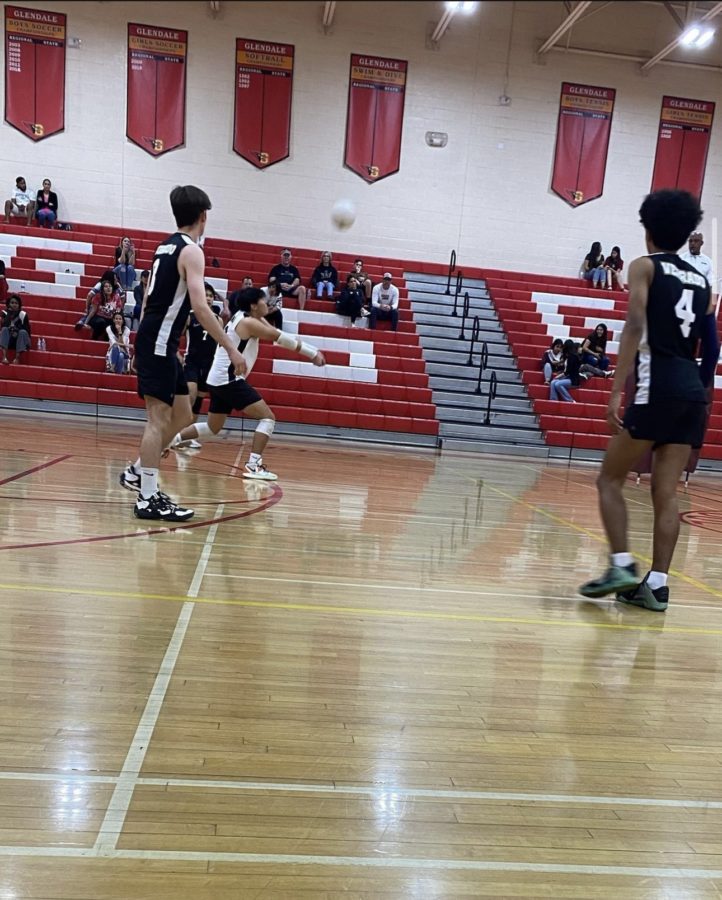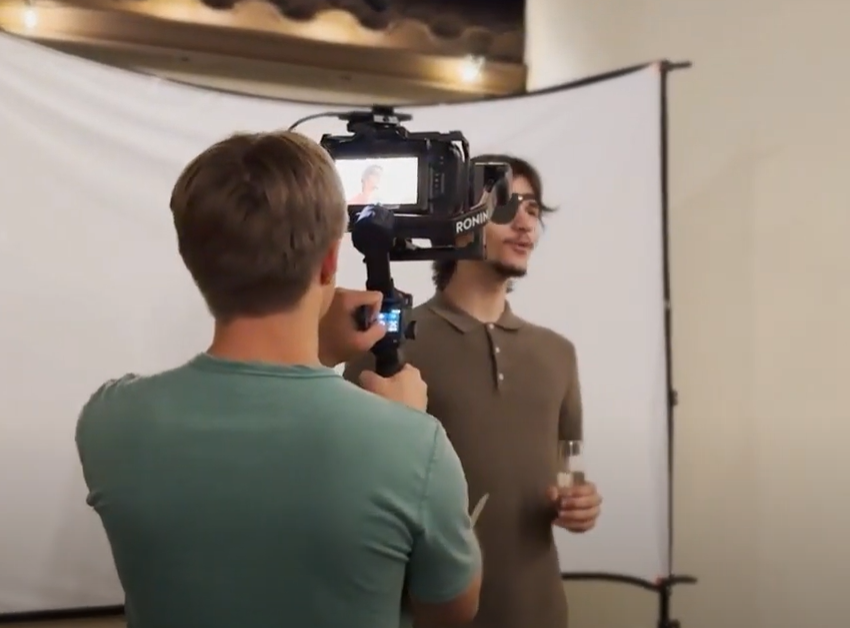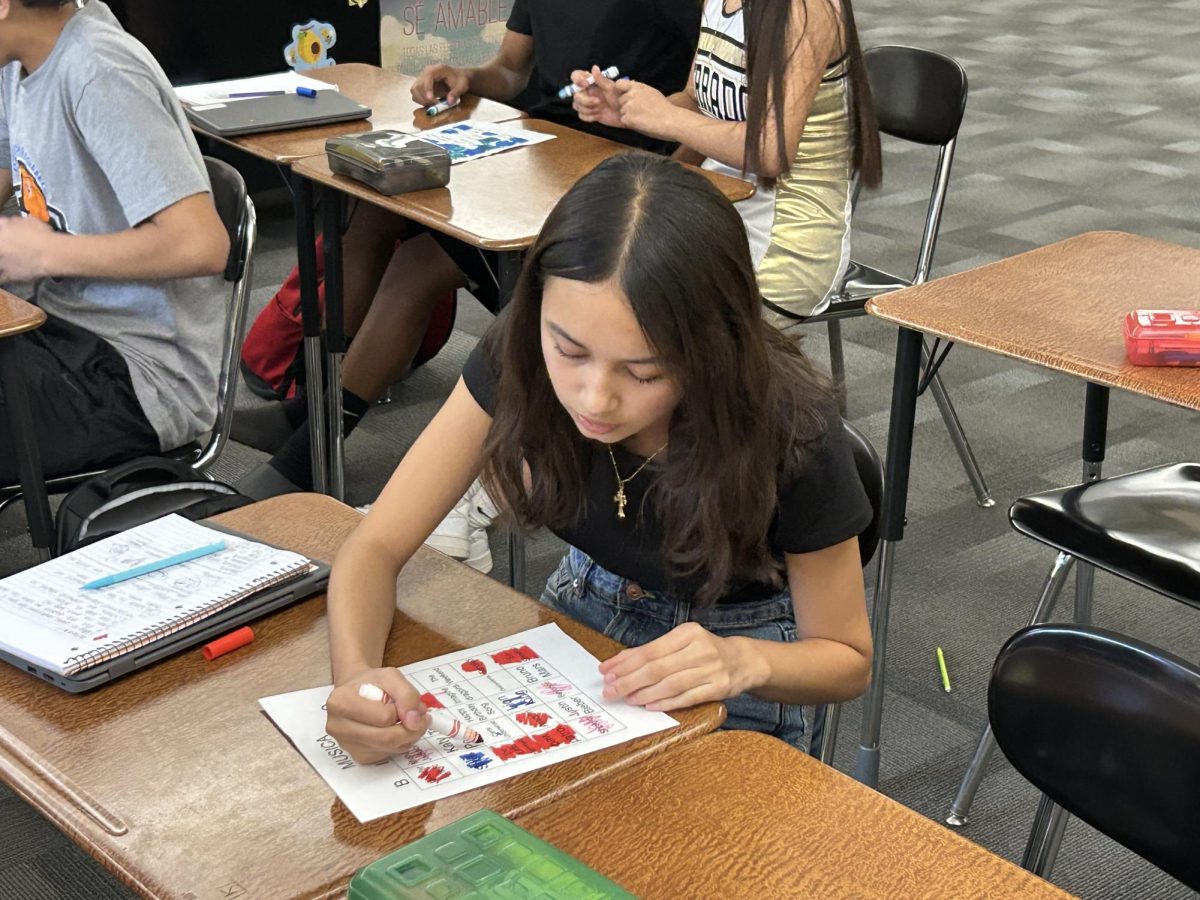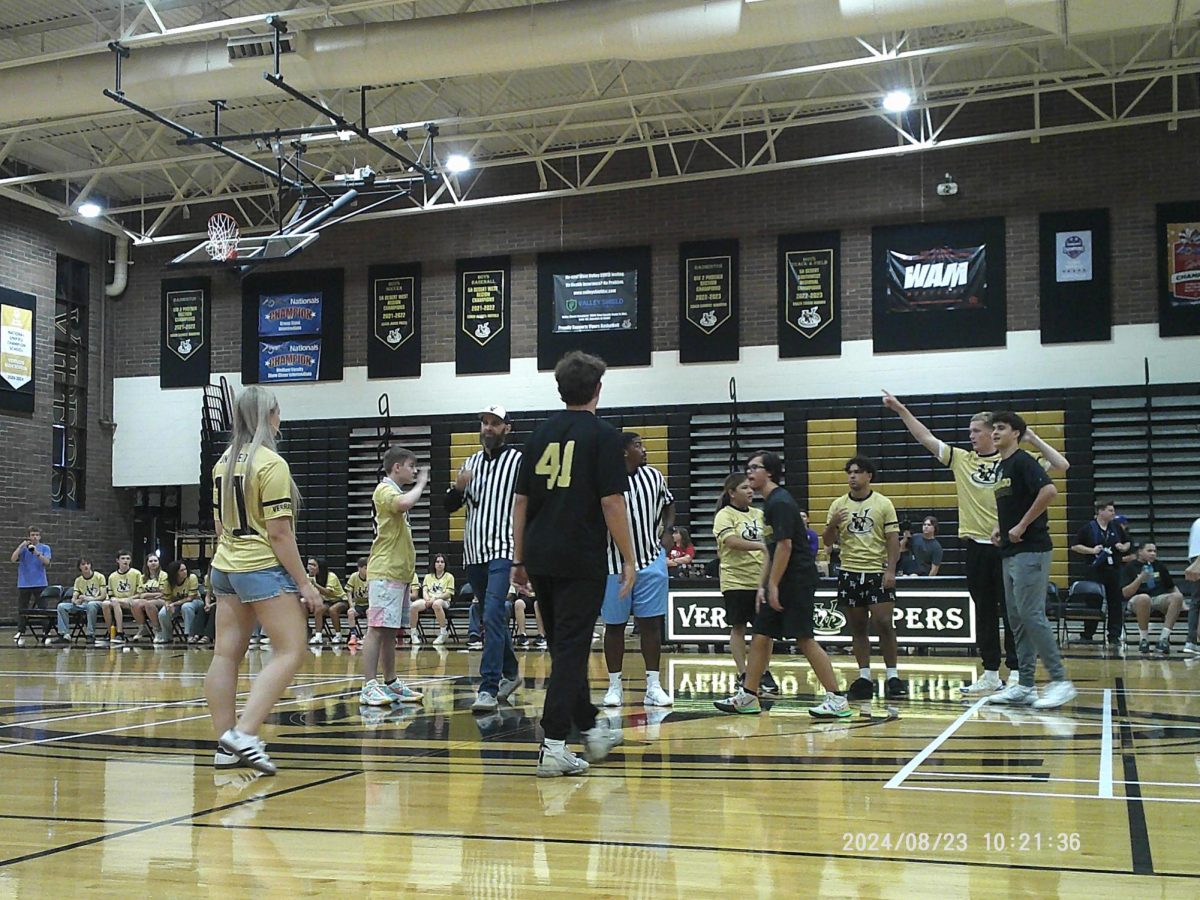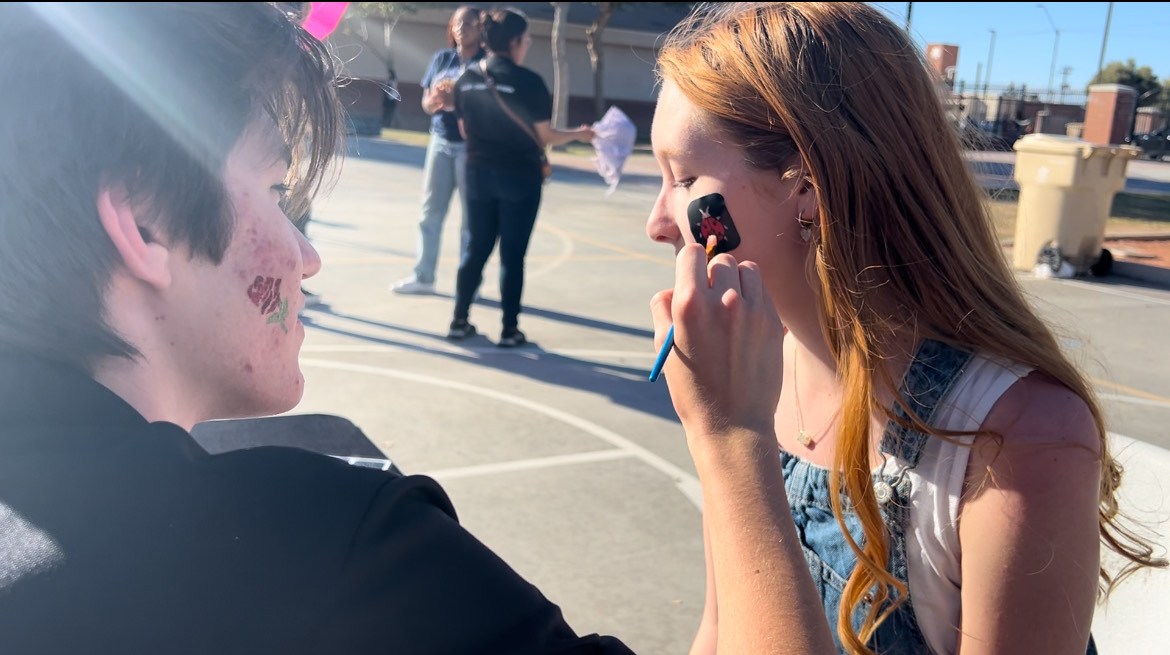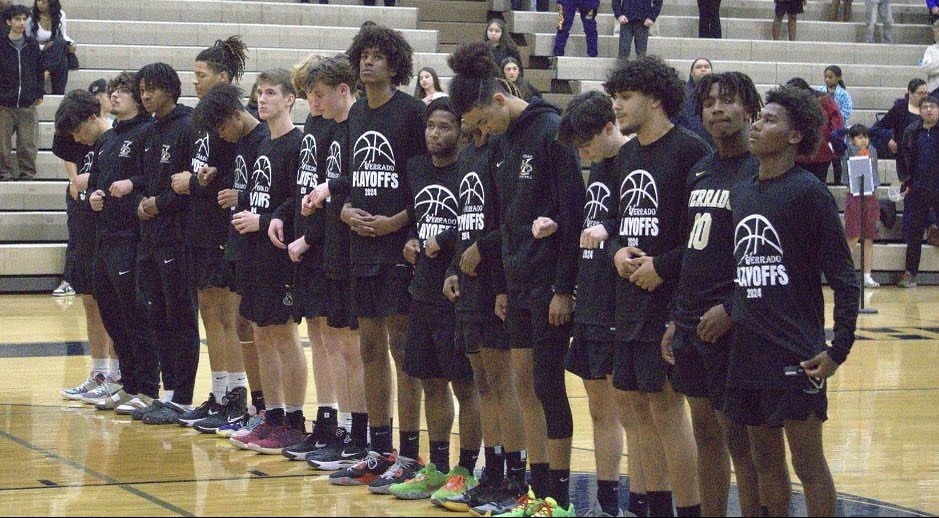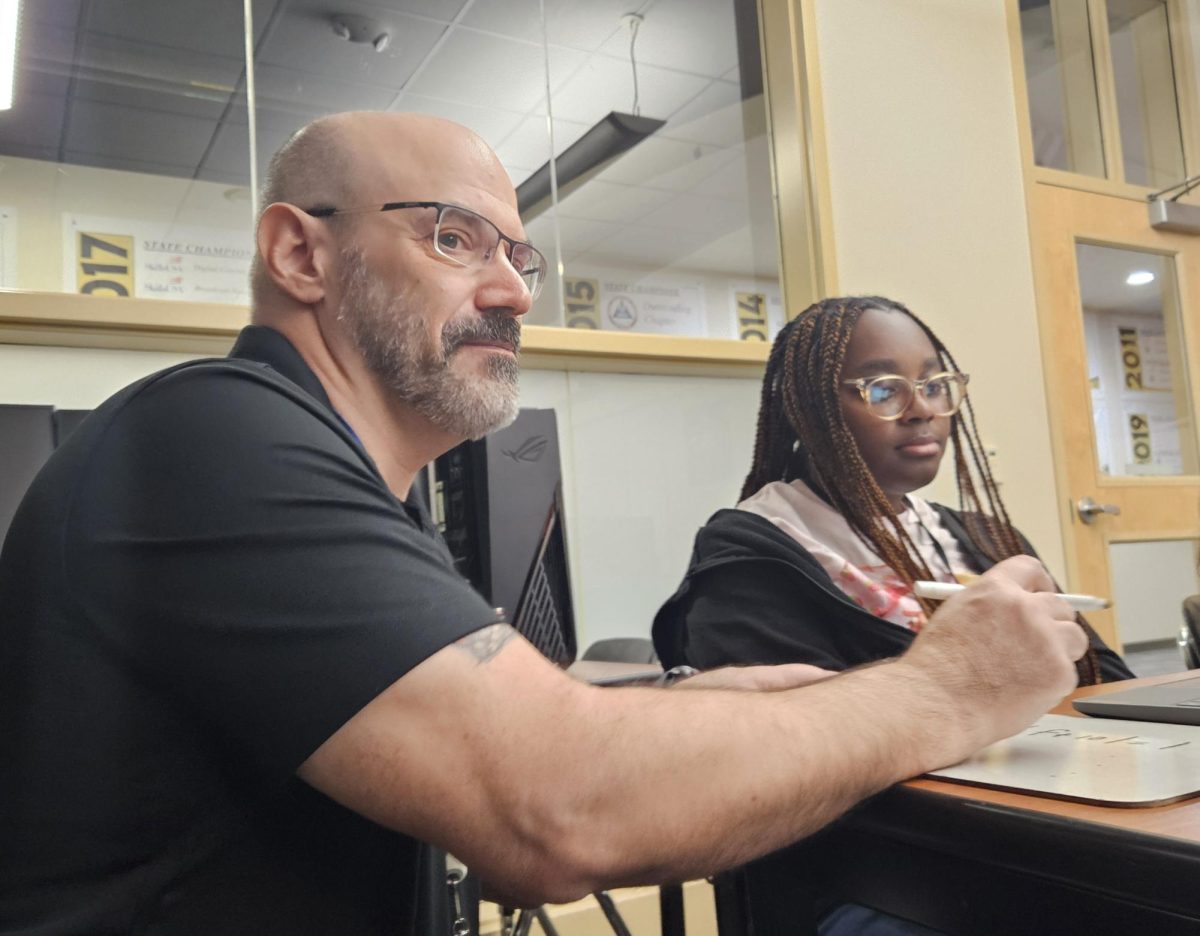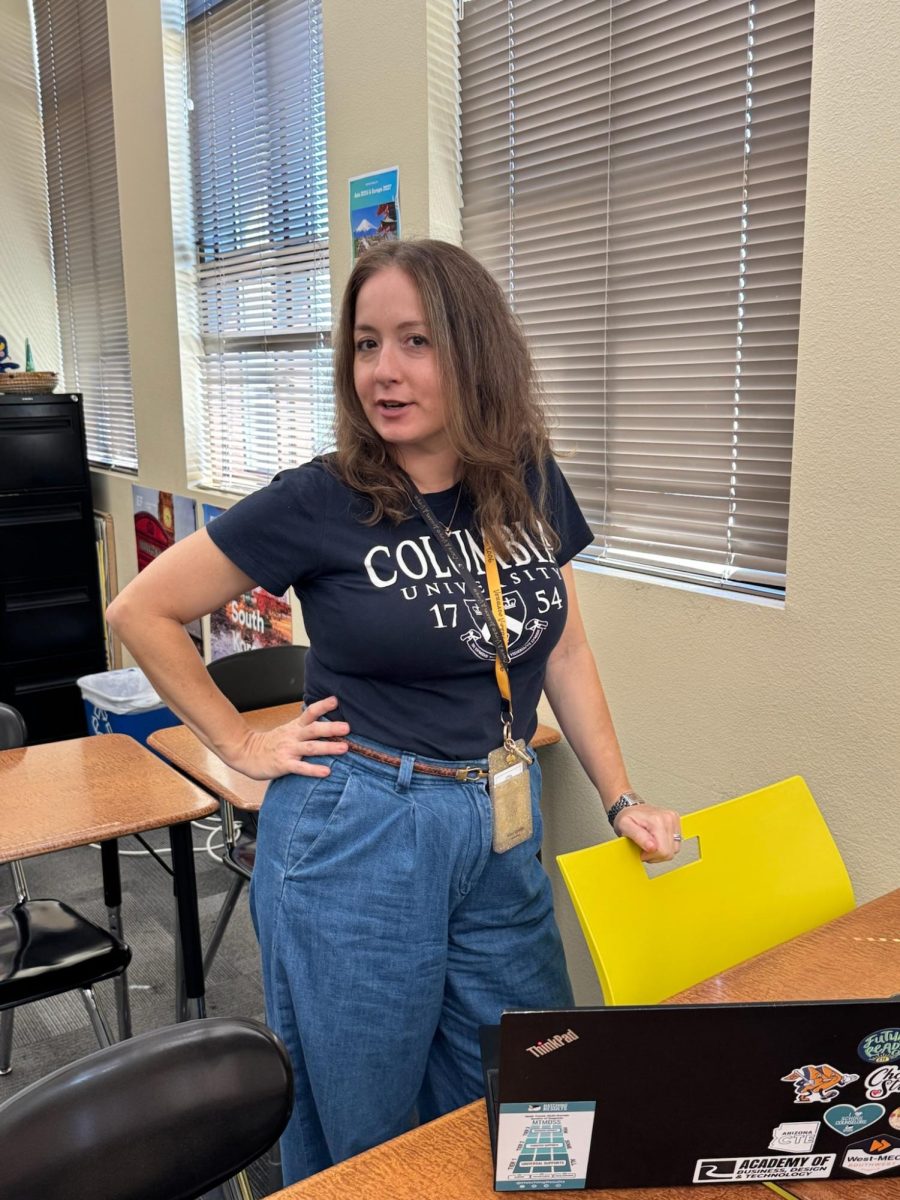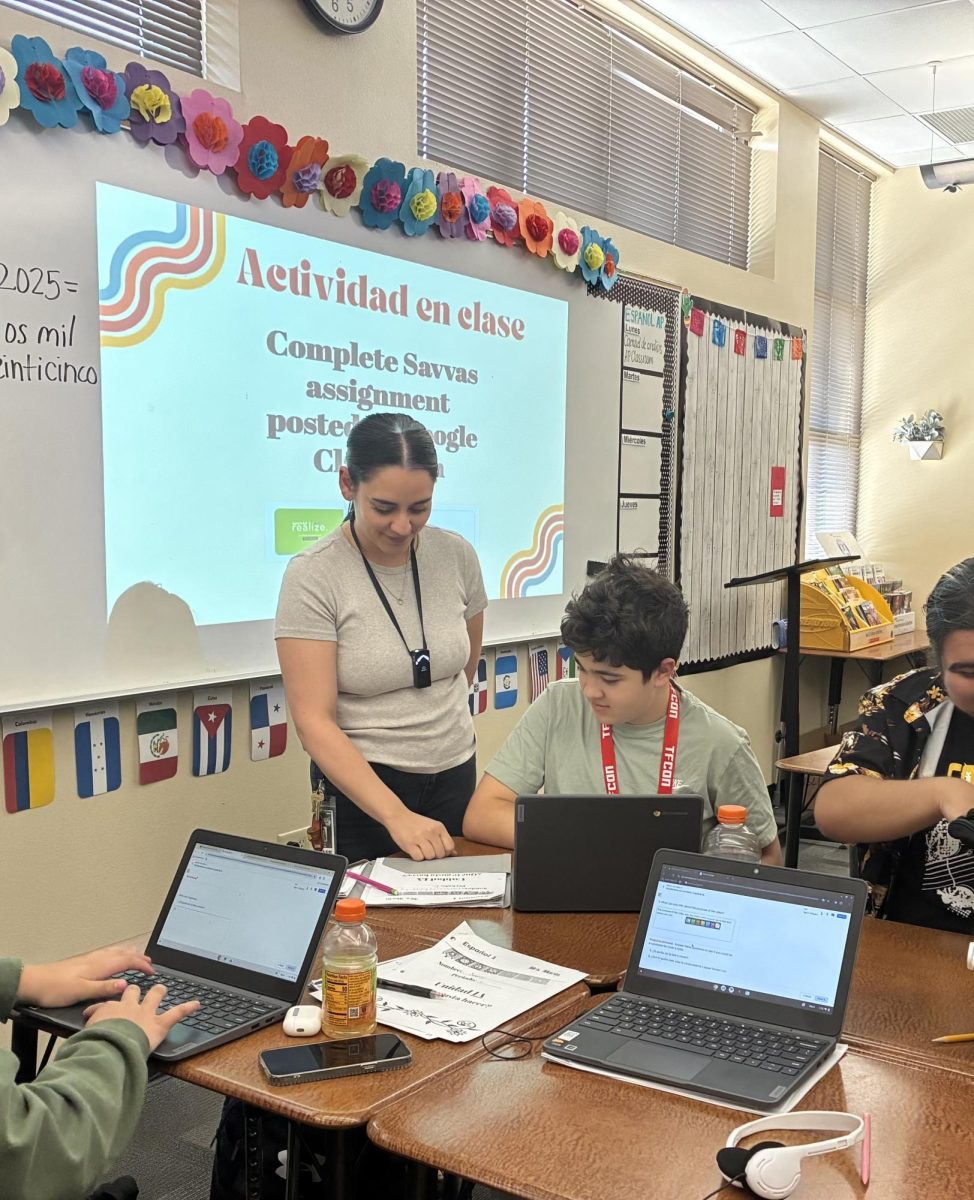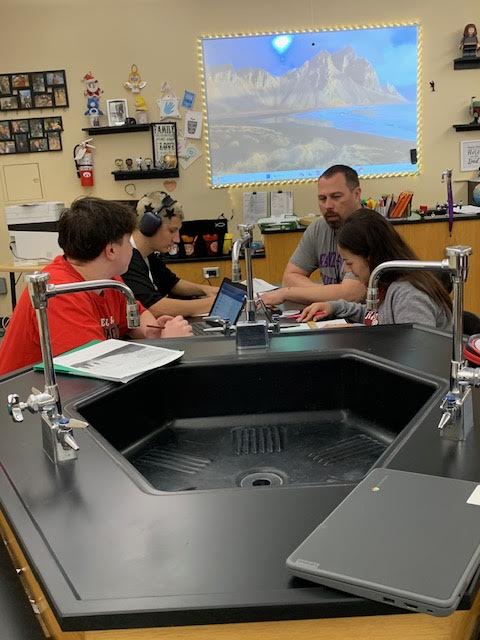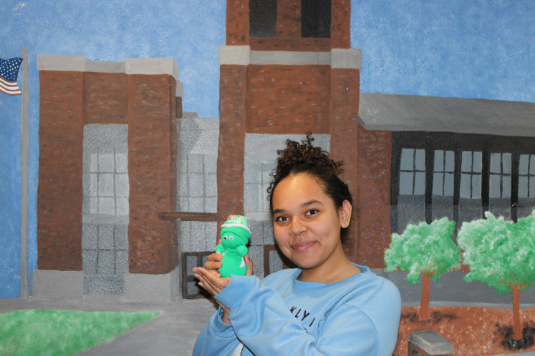Sock Baby Experiment: A Psychology Project Bringing Parenting to Life
Each year, Verrado’s Psychology students adventure into the depths of the Sock Baby Experiment, a two-week-long project designed to simulate parental responsibilities. Students must care for a sock baby around the clock, treating it like a real infant.
This immersive experience provides a unique opportunity to explore parenting challenges while applying psychological concepts learned in class.
The Responsibilities of Sock Parenthood
Students select a sock and transform it into a lifelike baby with facial features, clothing, and a carrier. They are encouraged to personalize their babies, choose names, and even craft backstories for them. The sock baby must accompany them everywhere, including class, social outings, and extracurricular activities. Leaving the baby unattended or failing to bring it to school results in lost points, reinforcing the importance of responsibility and attentiveness.
Lessons in Developmental Psychology
Throughout the experiment, students are required to complete an Egg Baby Report, answering questions that connect their experience with psychological concepts. Topics include reflexes, temperament, attachment styles, and developmental milestones. They also analyze how gender roles, social interactions, and cognitive growth would shape their child’s behavior over time.
Harry Harlow’s research on contact comfort is incorporated into discussions, prompting students to consider the emotional needs of their sock babies. Additionally, they reflect on their parenting styles, compare them to their parents’ approaches, and evaluate the long-term impact of various parenting techniques. The project also touches on the challenges of single parenting, co-parenting, and balancing work and family life, encouraging students to think critically about different family dynamics.
Becoming a parent and embarking on the journey of raising a child is something that most people will eventually do, and most end up heavily struggling with the challenges that come with it. Going through this experiment allows high school students to understand the depth of those challenges and puts them into the perspective of a parent.
Providing students with this challenging experience also helps them understand different ways to parent. They are expected to apply one of – or multiple – of the parenting styles they had learned about; they are also expected to describe how it may affect the baby and what consequences – good or bad – it will have on their development.
Challenges and Realizations
Parenting a sock baby comes with challenges. Students must adjust their schedules, ensuring that their baby is always with them or left in the care of a designated sock-sitter. Emergencies, such as an “unstuffing” incident or a missing baby, require immediate attention, teaching responsibility, problem-solving, and crisis management.
Many students find themselves facing unexpected obstacles, such as difficulty keeping track of their baby during a busy school day or dealing with teasing from peers. Through these experiences, they develop patience, empathy, and resilience. Some even report feeling a genuine emotional attachment to their sock baby by the end of the experiment.
Impact Beyond the Classroom
The Sock Baby Experiment is more than just a school tradition—it’s a hands-on lesson in responsibility, human development, and emotional attachment. By applying psychological theories to real-life scenarios, students gain a deeper understanding of parenting and personal growth.
The project also sparks conversations about broader societal issues, such as childcare, parental leave policies, and the emotional and financial costs of raising a child. For some, the experiment serves as an eye-opener, influencing their future career interests in fields like psychology, education, or social work.
Ultimately, the Sock Baby Experiment leaves a lasting impression on students, helping them appreciate the complexities of parenting and the importance of nurturing relationships. This engaging and thought-provoking project continues to be a meaningful and memorable experience year after year.

